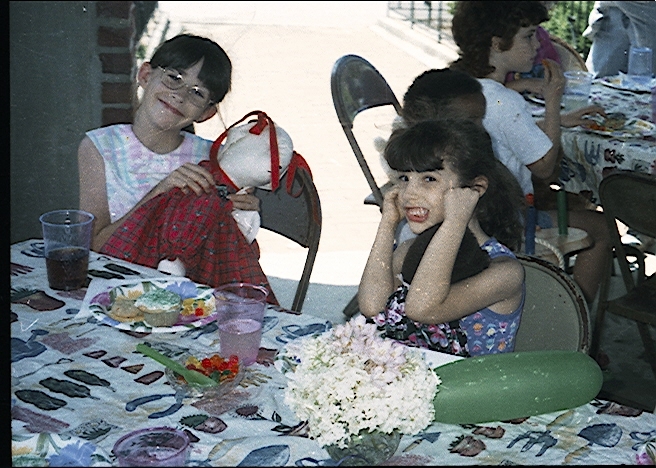The book was describing how there had been a difference between a teen on the spectrum's self-ratings of how present they had been in 'body and in mind' during group and the neurotypical adult's rating of the same thing. The teen thought he'd been present, though he was pacing; the adult disagreed. One of his fellow teens spoke up on his behalf saying "He's autistic, of course he's pacing!"
The moral the book took from this is that his statement was a great time to talk to children about what is expected of them by their neurotypical peers. What I read was a teen advocating for his fellow peer for the acceptance of his autistic characteristics; advocating for his right to be himself rather than be forced to blend in with the neurotypical majority. I do understand that both sides have points, but to me the boy's advocacy is something to applaud rather than a time to introduce a lesson about conformity.
-Creigh

 RSS Feed
RSS Feed
